A Question To The Tyrants
February 11, 2022
After the banning of a critically acclaimed novel from the Wentzville School District’s libraries, a question entered my mind: Why? Why ban a book?
I am certain that I am not alone in my perplexed state, not knowing why any bound set of pages would be forced out of the book repositories that occupy a large portion of schools. A quick Google search gave enlightenment.
“The Bluest Eye,” published by Toni Morrison in 1970, follows the internalized racism of an African-American girl during the Great Depression. The message of the novel as a whole focuses on how destructive perceived inferiority can be to the psyche of a child. However, the justification for its removal was based on “pedophilia” and “incest.”
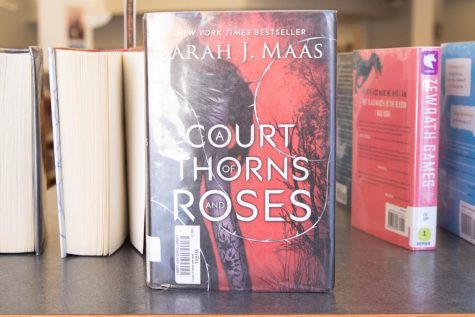
If that were truly the case, and there remained no ulterior motive, then why is nothing being done about the fairy smut in our libraries? I can quote verbatim a book series that contain graphic depictions of sex and depraved fetishistic desires; “A Court of Thornes and Roses.” For the sake of remaining civil and at least somewhat journalistic, I will not be reproducing said graphic depictions and depraved desires.
A series I was surprised to find in our library my freshman year, “Game of Thrones,” has the plot of its entire series set in motion by a horridly inbred noble family, and the marriage of one of its final descendants to a horse lord at the age of 13. (Something which the film adaptations had to change in order to make some scenes more tempered in the eyes of audiences.) Why was, and why is naught being done about this filth in turn?
Unless, of course, it is not filth which is disgusting to parents. Nay; it is something else that is inflaming and enraging the custodians of children. Ideas.
If it is indeed ideas which are frightening parents into banning books, what ideas are they frightened of? It has been shown they are not averse to what they state they are in opposition to, so the only logical conclusion is: A subset of parents are afraid of the idea that racism may be bad.
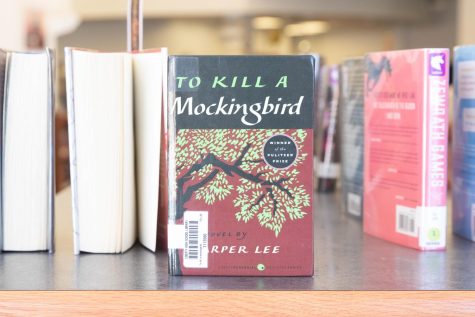
Take, for example, a push to ban “To Kill a Mockingbird.” The novel, regardless of the fact it is a lynchpin in American literature, pulls no punches toward its dislike of the Jim Crow Era South. Personally, I adored the novel my freshman year and found its message to be poignant during a time of social unrest. Indeed, this novel may be a student’s first real exposure to the idea that, indeed, racism is bad.
As well, these parents are afraid of their children no longer being so tightly controlled, insulated, and unexposed to the ideas of the world. These parents are frightened, beyond belief, of their offspring being taught differing ideas to their own; or at least that is what can be surmised.
The guardians of our youth are checking off many points on the BITE (Behavioural, Intellectual, Thought, Emotional) Control scale, and failing their wards in the process.

These parents are taking the same steps as tyrants, who are the only people afraid of the broad exposure of ideas. Pinochets, Husseins, Gadaffais, and Milosevics of all faiths are mimicked in order to control children; so their own ideals and beliefs are never shown in a negatory light; so that they never have to question the world around them; so their children remain puppets to be poses and positioned however their parents deem fit.
It’s a travesty, really. People are more concerned with maintaining power than allowing others to gain their freedom. In a way, racism is reflected, even unintentionally; or it is that thinly veiled.
There was a man who once took action against hypocrisy, hatred, and tyranny. He took up arms, and attempted to stop it. He was arrested, tried, and shot. The man was Valery Sablin. In his final letter, prior to his execution, he wrote “Be strong in the belief that life is wonderful.”
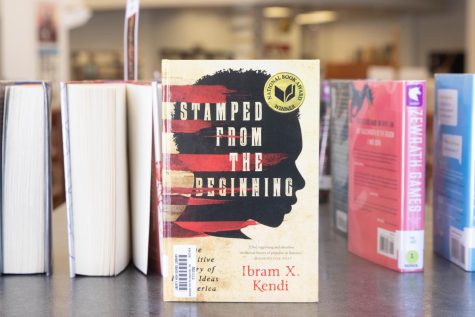
I am nowhere near as brave nor as brash to raise even a finger against this fearful minority, nor do I believe I will be buried in an unmarked grave as a result of my statements here. Because not only do I believe that life is wonderful, but I believe that they don’t know how wonderful life can be when one opens up a book of something they do not agree with, and truly try to understand another person.
They do not understand, and I cannot make them. However, it may be possible, however likely or unlikely, that we can as a collective society, remind them that we do not hate them and want the best for them. We as a whole do not want them to be angry. We want them, too, to be strong in the belief that life is wonderful.
My question has now changed, so I ask the tyrants: Why is your life not wonderful? Is it hatred? Is it the fact you are just self-aware enough to understand your hatred is wrong? Is it jealousy that we are happy while they are not? I urgently await your reply.

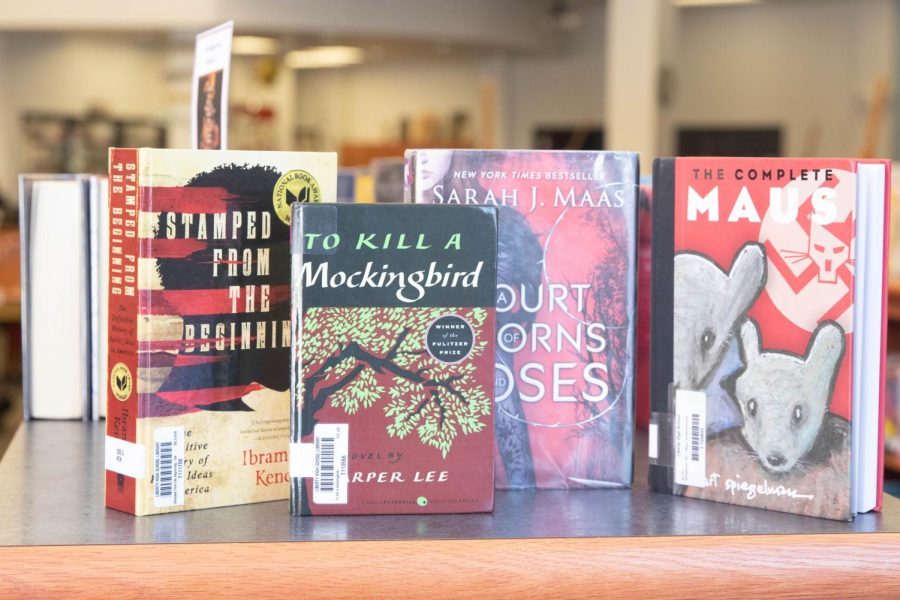
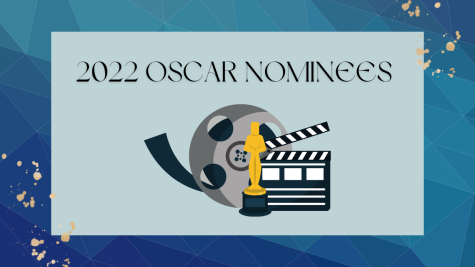
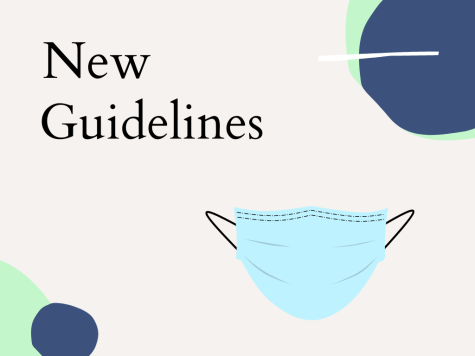
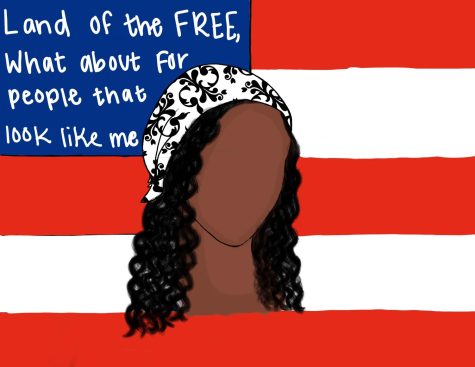

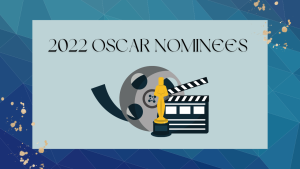

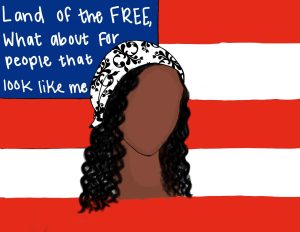









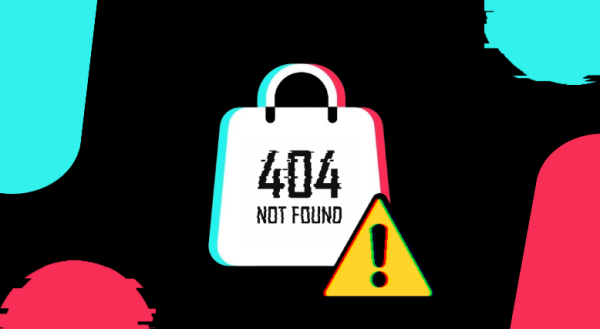
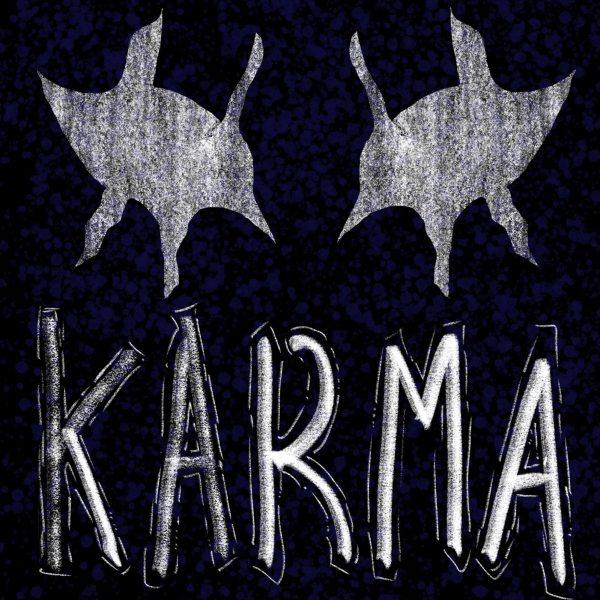

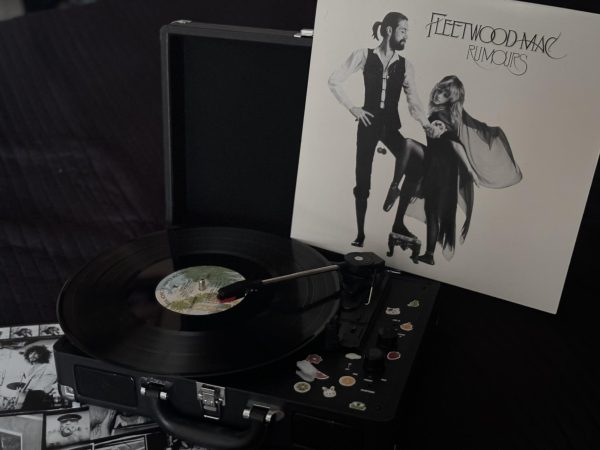
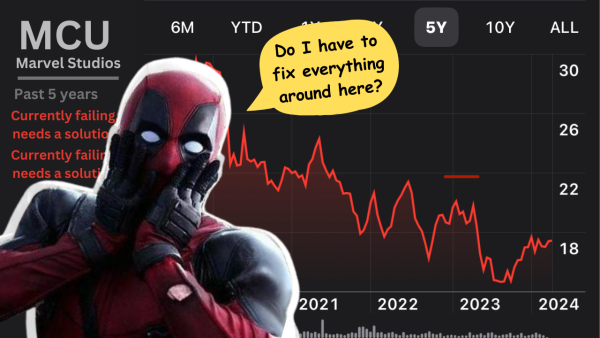
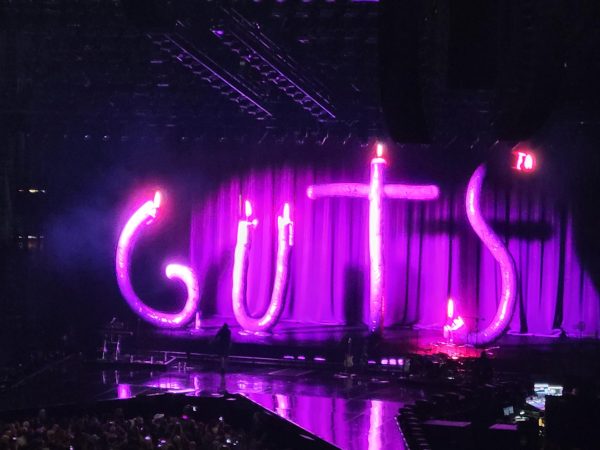
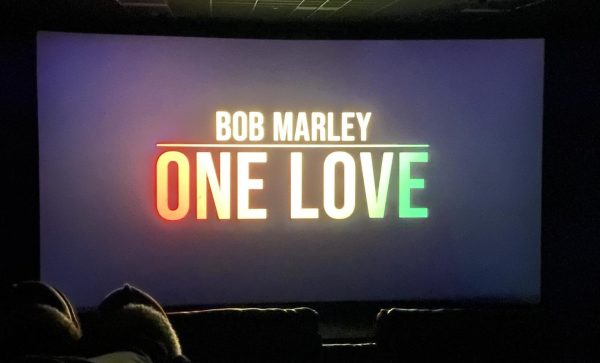
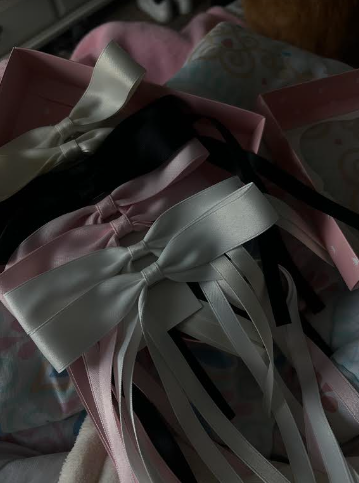

Sean Bruce | Feb 14, 2022 at 7:57 am
Thank you for holding a mirror up to nature as it were. A well written piece about the hypocrisy of book banning in the district.